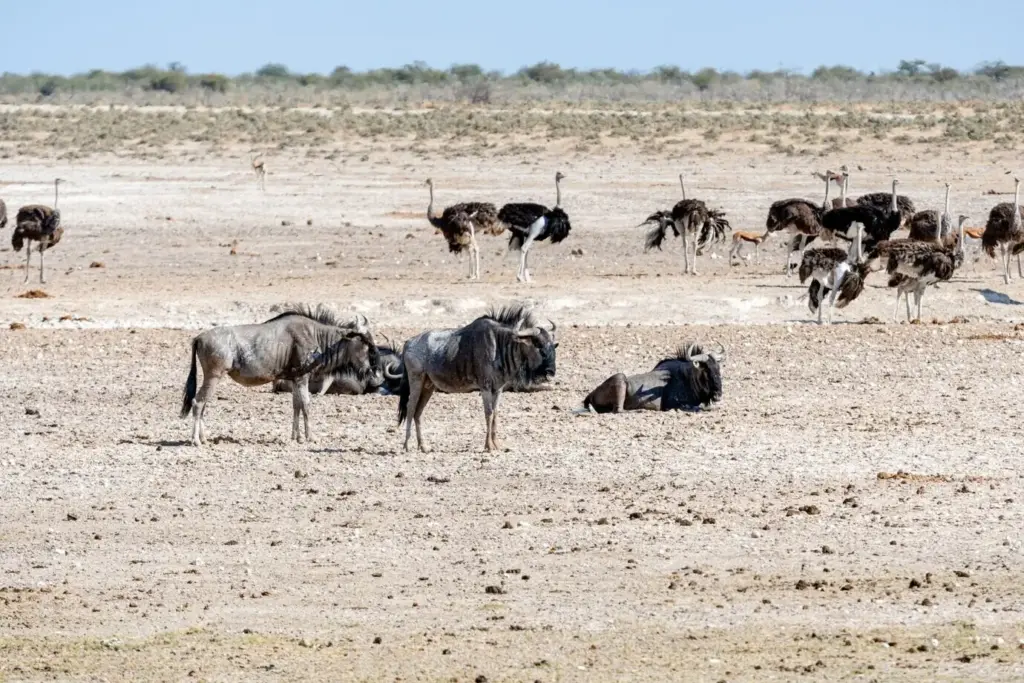Navigating Public Lands with Respect and Confidence
National Forests versus National Parks
Decoding Maps, MVUMs, and Access Apps
Seasons, Closures, and Permits
Ethics That Travel with You
Sharing Space with Other Users
Trailhead Etiquette and Parking Smarts
First impressions start with bumpers and boot prints. Park tight, avoid blocking gates, leave notes if plans change, and keep noise down before dawn. Offer a quick hello, compare intended directions, and adjust routes to prevent stacked pressure on a single basin or meadow everyone hopes to enjoy.
Working Lands and Open Gates
Many public parcels are interwoven with grazing allotments or adjacent ranches. Respect signed instructions, yield to livestock, and close every gate as you found it unless posted otherwise. Avoid muddy ruts that damage roads, and detour around herds calmly to protect animals, fences, grass, and long-term relationships.
Neighboring Communities and Cultural Sites
Towns rely on considerate visitors, and many landscapes hold sacred or historical places requiring extra care. Learn local customs, respect quiet hours, and read interpretive signs fully. Pack cultural curiosity, not souvenirs, and report vandalism immediately. Responsible behavior earns welcomes, supports businesses, and safeguards irreplaceable stories etched across the land.
Safety, Preparedness, and Low-Impact Travel
Field Notes: Lessons from Real Days Outside



